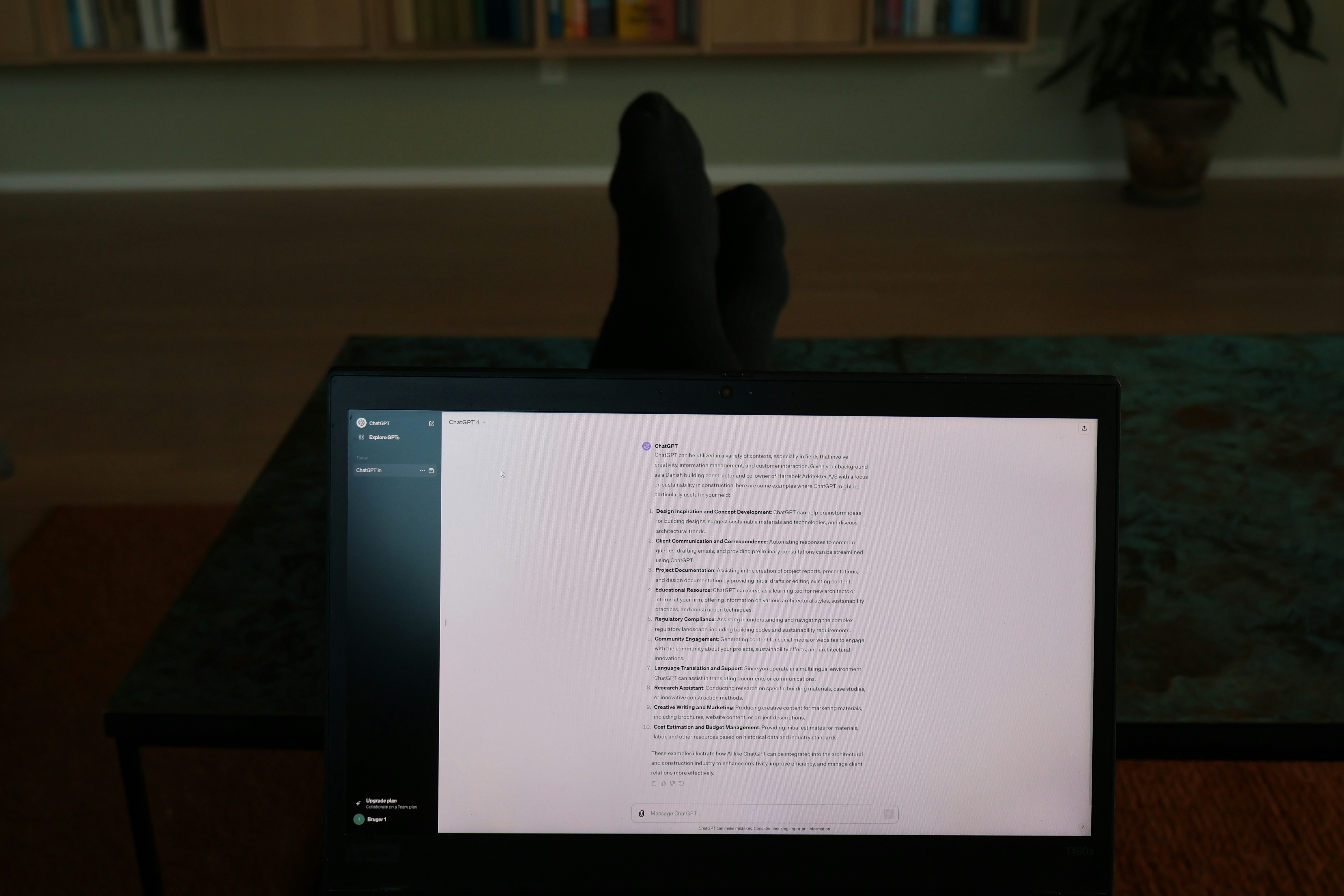Related Jobs
View all jobsElectrical Maintenance Engineer
Multi-Skilled Maintenance Engineer
Materials Development Engineer (NDT) - Submarines
Development Engineer
Quality Inspector
Subscribe to Future Tech Insights for the latest jobs & insights, direct to your inbox.
Industry Insights
Discover insightful articles, industry insights, expert tips, and curated resources.

Pre-Employment Checks for Materials Science Jobs: DBS, References & Right-to-Work and more Explained
Pre-employment screening in materials science reflects the discipline's unique position at the intersection of advanced manufacturing, nanotechnology innovation, and critical materials development. Materials scientists often have privileged access to proprietary formulations, cutting-edge research data, and strategic materials technologies that form the foundation of organisational competitive advantage and technological leadership across multiple industries. The materials science industry operates within complex regulatory frameworks spanning chemical safety directives, nanotechnology governance requirements, and emerging advanced materials regulations. Materials science professionals must demonstrate not only technical competence in materials characterisation and development but also deep understanding of chemical safety protocols, environmental impact assessment, and the societal implications of advanced materials deployment at scale. Modern materials science roles frequently involve developing materials for aerospace applications, biomedical devices, energy storage systems, and advanced manufacturing processes across multiple regulatory jurisdictions and safety frameworks simultaneously. The combination of chemical expertise, materials innovation capabilities, and industrial application responsibility makes thorough candidate verification essential for maintaining compliance, safety, and technological leadership in materials-driven industries.

Why Now Is the Perfect Time to Launch Your Career in Materials Science: The UK's Advanced Materials Revolution
The United Kingdom stands at the forefront of a materials science revolution that's fundamentally transforming how we design products, engineer solutions, and tackle global challenges from renewable energy to space exploration. From the graphene research laboratories in Manchester to the advanced ceramics facilities in Stoke-on-Trent, Britain's leadership in materials innovation has created an unprecedented demand for skilled materials science professionals that dramatically exceeds the current talent supply. If you've been seeking a career at the intersection of scientific discovery and practical innovation or looking to position yourself in one of the most impactful sectors of the modern economy, materials science represents an extraordinary opportunity. The convergence of sustainability imperatives, advanced manufacturing capabilities, digital materials design, and next-generation technology requirements has created perfect conditions for materials science career success.

Automate Your Materials Science Jobs Search: Using ChatGPT, RSS & Alerts to Save Hours Each Week
Materials roles pop up across aerospace, automotive/EV, energy storage, defence, medtech, semiconductors, chemicals, construction & packaging—often buried in ATS portals or duplicated across job boards. The fix: put discovery on rails with keyword-rich alerts, RSS feeds & a reusable ChatGPT workflow that triages listings, ranks fit, & tailors your CV in minutes. This copy-paste playbook is for www.materialssciencejobs.co.uk readers. It’s UK-centric, practical, & designed to save you hours each week. What You’ll Have Working In 30 Minutes A role & keyword map across metals, polymers & composites, ceramics, coatings, batteries/energy materials, semiconductors, additive manufacturing, QA/QC & failure analysis, and scale-up/process. Shareable Boolean searches for Google & job boards that slash noise. Always-on alerts & RSS feeds bringing fresh UK roles to you. A ChatGPT “Materials Job Scout” prompt that deduplicates listings, scores match, & outputs ready-to-paste actions. A simple pipeline tracker so deadlines & follow-ups never slip.